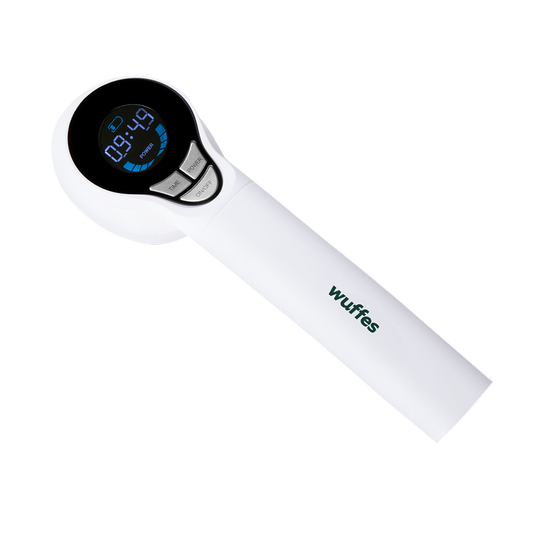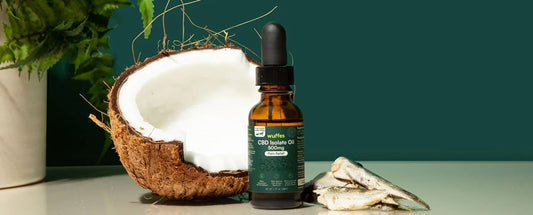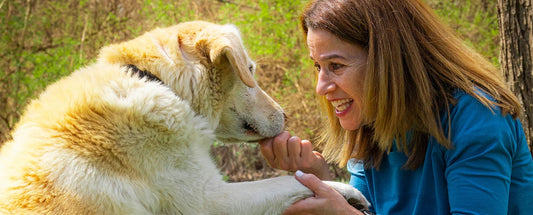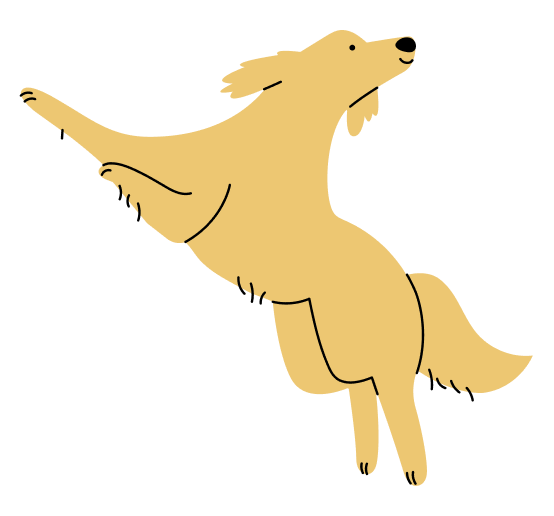Diarrhea is a common issue for dogs, affecting all breeds and ages. While it may seem like a minor problem, it’s important to remember that diarrhea can be a symptom of a more serious condition and shouldn’t be taken lightly.
Some cases of diarrhea are caused by something simple, but in other instances, it can signal a more severe underlying health issue.
What causes diarrhea in dogs?
-
Indigestion
One of the most frequent causes of diarrhea is indigestion. This can happen for several reasons: overeating, intense physical activity right after a meal, eating something they shouldn’t, or even a sudden change in their diet. -
Parasites
Gastrointestinal parasites like roundworms, hookworms, or coccidia can also cause diarrhea. Dogs are naturally curious and tend to explore with their mouths, which makes it easy for them to pick up parasites from contaminated soil, grass, or even leftover food. -
Stress and Anxiety
Dogs are creatures of habit, and changes in their environment, meeting new animals, or changes in their daily routine can lead to stress or anxiety. Stress affects their digestive system and can trigger diarrhea. -
Viral Infections and Serious Conditions
In more severe cases, diarrhea can be a symptom of viral infections like parvovirus or distemper, or even conditions affecting the pancreas, liver, or kidneys.
What are the symptoms of diarrhea in dogs?
The most obvious symptom of diarrhea is frequent, loose, or watery bowel movements. Dogs with diarrhea may poop more often but in smaller amounts. You may also notice changes in stool color - diarrhea can cause it to appear green, yellow, grey, or black. Sometimes, there may be blood or white specks in the stool.
Aside from changes in stool, dogs with diarrhea may show other signs of discomfort, including lethargy, loss of appetite, increased sleeping, and unusual behavior like whimpering or being irritable.
How do you treat diarrhea in dogs?
-
Keep Them Hydrated
The first and most crucial step in treating diarrhea is keeping your dog hydrated. Diarrhea causes a significant loss of fluids, which can lead to dehydration and worsen the condition. Make sure your dog has access to plenty of fresh water. -
Switch to Bland Foods
If your dog has diarrhea, it’s a good idea to temporarily switch their diet to bland, easily digestible foods like boiled chicken, rice, or oatmeal. These foods can help soothe their stomach and are gentle on the digestive system. -
Introduce Probiotics
Probiotic supplements can help restore balance in your dog’s gut by introducing beneficial bacteria. Probiotics not only aid digestion but also ensure that your dog’s body absorbs essential nutrients from food properly, keeping them healthier overall. -
Try Pumpkin
Pumpkin is a natural remedy for diarrhea because it’s high in dietary fiber. Simply mash or puree pumpkin, and you’ll have an easy-to-prepare food that can help firm up your dog’s stool. It’s a gentle and effective option for mild cases of diarrhea. -
Add Dietary Fiber
Adding more fiber to your dog’s diet can help prevent future episodes of diarrhea. While feeding them pumpkin every day isn’t realistic, you can opt for dog chews that contains important nutrients like Vitamin B12, Vitamin C, Iron, and Manganese to support your dog’s overall health.
What your dog's stool can tell you
Your dog’s poop can reveal a lot about their health. As a responsible pet parent, it’s important to pay attention to their bowel movements and any changes in frequency, color, or consistency. If you notice persistent diarrhea, unusual stool color, or any other worrying signs, it’s always best to consult with your veterinarian to rule out more serious conditions.











